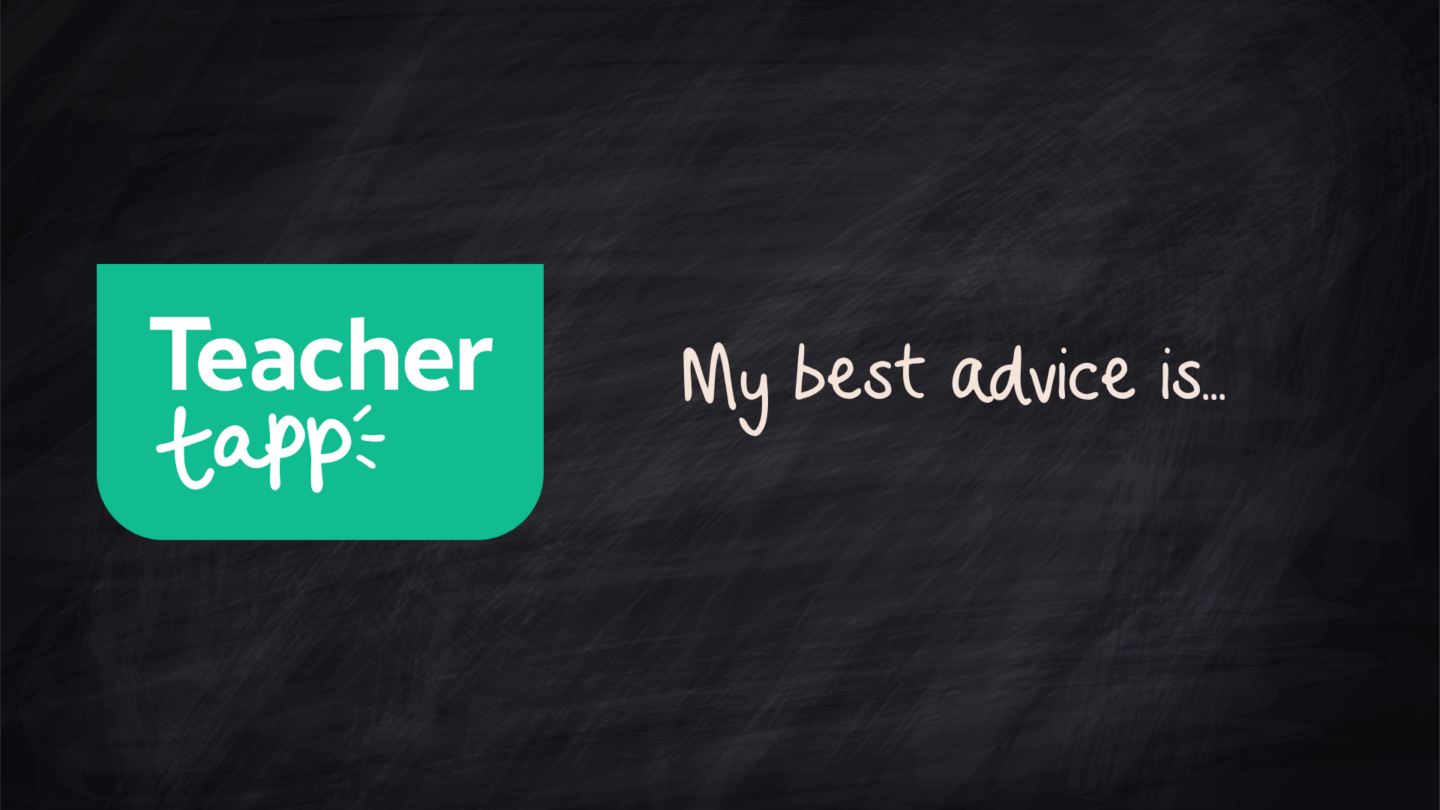We’re drawing our final Golden Ticket prize draw this Thursday, 14th December! There are four opportunities to win, with a star prize of £1,000 up for grabs, or three Fortnum and Mason hampers! We’ll be announcing the winners on social media and in the app – so keep your eyes peeled, it could be you! 👀
Teachers behaving badly
Last week, we asked about your own behaviour aged 13/14. Overall, we were pleasantly surprised to hear how well you behaved. Over half of tappers said they ‘never’ got into trouble; another third did so rarely, and just 2% of you said you were in trouble most days.
Now onto the real question: where can we find these badly-behaved teachers?
Looking at gender, women behaved far better than men: 58% of women say they were never in trouble, against 38% of men.
Looking at subject, we were surprised to find that language teachers claimed to have been best-behaved, with 63% saying they never got in trouble. Meanwhile, the naughtiest teachers taught Humanities, English and ‘other’ subjects.

Looking at role, the more you were in trouble at school, the more likely you were to have climbed the greasy pole. While 54% of classroom teachers say they were ‘never’ in trouble aged 13/14; only 42% of heads could make the same claim! Does this reflect the gender split of school leadership? Or do naughty teenagers get further in life? One to ponder as you deal with your current class of 13/14 year olds.

Burnout up – Ofsted out?
We’ve been asking about burnout twice a year for the last five years, in April and October. We use the Single-Item Burnout measure, a simple, academically-validated scale. Burnout has fluctuated over the years: heads suffered a big rise in burnout as they grappled with the pandemic, whereas – on average – we found teacher burnout fell.
Worryingly, our latest check showed that burnout across teaching roles is at its highest in the five years we’ve been measuring it. Heads are, on average, reporting burnout levels that match those of April 2020. Classroom teachers are reporting the highest burnout figures we’ve ever seen: 3 in 10 say they’re consistently burnt out. When we first asked, five years ago, the figure was 19%.

We also asked about Ofsted this week. Following the inquest into the death of Ruth Perry, education unions have called for a pause to inspections until the New Year to review the concerns the inquest raised. 96% of you agreed that Ofsted should pause inspections. This finding held, no matter what teachers’ schools’ Ofsted verdicts were: 94% of teachers agreed in schools currently rated Outstanding, as did 97% of teachers in schools currently rated Requires Improvement or Inadequate. The group most strongly in favour of a pause were heads – 82% of heads strongly agreed there should be a pause (while 75% of classroom teachers strongly agreed).
Can you switch off?
We also asked how easily you’re able to switch off at the end of the day. A third of you said you could switch off – although only 7% of you strongly agreed – while two thirds said you couldn’t (of whom 38% strongly disagreed). On Twitter, we were asked about the demographics of this: who is most likely to be able to switch off? We found:
- The subject you teach doesn’t make a huge difference: there was only a 6% difference between those who struggled most to relax (KS2 teachers) and those least likely to struggle (humanities and maths teachers; looking here at the proportion of teachers who strongly disagreed they could switch off).
- The more senior you are, the less you can relax: 35% of classroom teachers can relax, and ‘only’ 35% strongly said they can’t, whereas just 26% of heads can relax, and 51% strongly disagreed
- Last week, we also asked how satisfied you were likely to be if your classes tomorrow were taught by a cover teacher. The more you struggle to relax, the less likely you are to be happy about your cover teacher’s work (or vice versa).

Why be a head then?
In between struggling to relax, burning out, and dealing with Ofsted, we might ask what keeps heads going. But we did get at least a hint of an answer last week. We asked whether you receive the respect and prestige you feel you deserve at work, considering your efforts and achievements. Headteachers are substantially more likely to believe they get the respect they deserve, compared to those in other roles. 85% of heads say they receive the respect they deserve. We’re glad to have found at least some consolation for the challenges they face!

Ups and Downs
On the rise
📈 Teachers are more likely to feel stressed and unhappy due to marking and planning: marking up to 41% of teachers from 30% (in July 2023); lesson planning up to 29% of teachers from 21%.
Heading down
📉 Behaviour so poor it stops teaching and learning: 32% of teachers say yes; in November it was 42%.
Daily Reads
The most read article from the last week has been: The Power of a Double Page Spread
And here are the rest for your reference:





